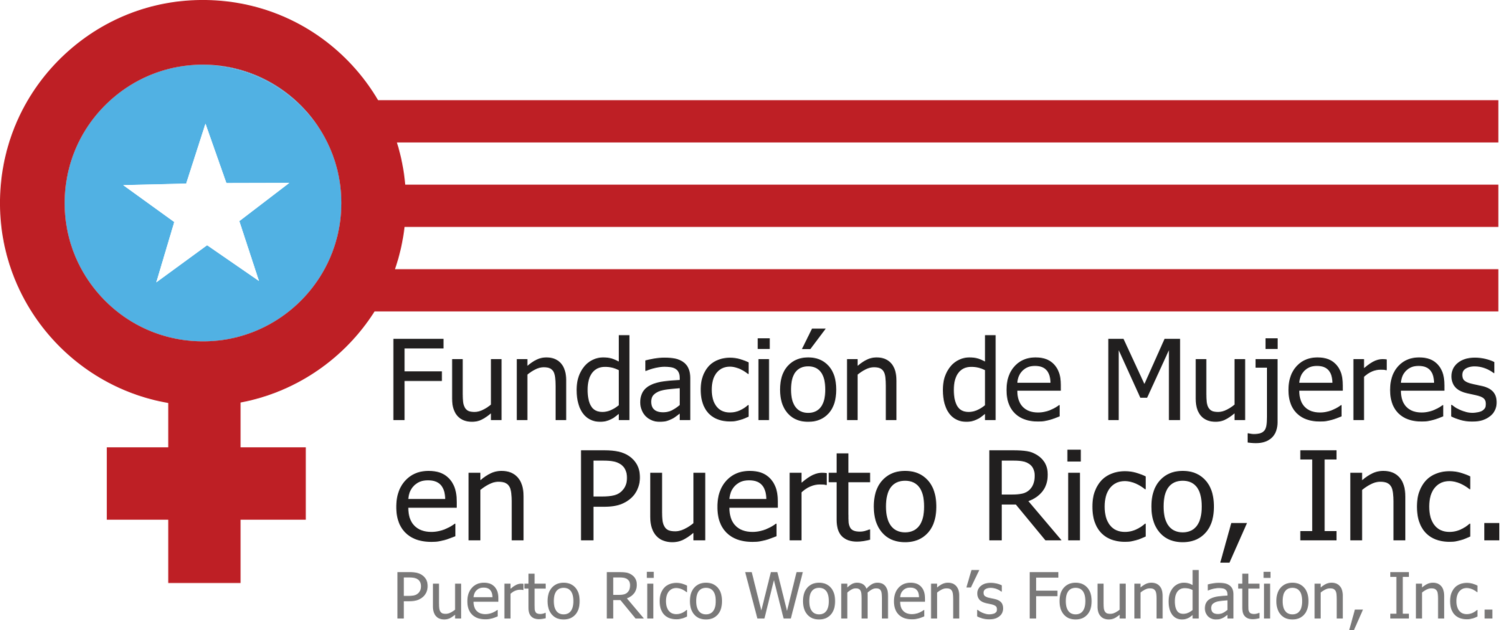CLIMATE CHANGE
Puerto Rico Ranks Among the Ten Most
Climate-Vulnerable Countries
In the most recent Germanwatch Climate Risk Index 2025, Puerto Rico was ranked among the ten countries most affected by the climate crisis. This underscores the archipelago’s acute vulnerability to disasters driven by climate change. While these events impact the entire population, women are disproportionately affected—deepening existing inequalities and generating new challenges.
Women are also overrepresented in sectors most vulnerable to post-disaster economic crises, such as education, healthcare, and social services. When these services collapse, women face higher rates of unemployment and are compelled to shoulder the gaps left by the state through unpaid care work—caring for children, the elderly, and the sick. This additional burden increases stress, deepens economic insecurity, and prolongs recovery for women and their families.
Despite these warning signs, government response has been insufficient. Much of the emergency relief has fallen on nonprofit organizations with scarce resources, placing women at greater risk. Studies show that in times of scarcity, prevention and support services for survivors of gender-based violence are often deprioritized—further compounding women’s vulnerability in post-disaster contexts.
Yet women-led organizations consistently receive less funding than other entities, limiting their ability to sustain and expand their work. This disparity is especially troubling given Puerto Rico’s heavy reliance on federal disaster recovery funds. Unlike the mainland United States, Puerto Rico has very limited access to U.S. and international philanthropy. When federal funds are delayed or cut, women’s organizations struggle to continue delivering services—affecting the most vulnerable communities in the long term.
Puerto Rico’s experience is a powerful reminder: while women are among those most affected by disasters, they are also key actors in recovery and community resilience. Supporting and empowering women is not only a matter of equity—it is a strategy for effective response and sustainable reconstruction. Federal policies must recognize this reality and prioritize funding mechanisms that directly support women-led local initiatives, ensuring a just and inclusive recovery process.
Women’s Heightened Vulnerability to Disasters
Research and international organizations consistently show that natural disasters affect women more severely than men. In Puerto Rico, this disparity was evident after Hurricane María in 2017, when the collapse of infrastructure forced many women to take on the demanding tasks of keeping households functioning. The disruption of water and electricity services fell disproportionately on them, as they sought alternative water sources and managed household needs under extreme conditions.Women are also overrepresented in sectors most vulnerable to post-disaster economic crises, such as education, healthcare, and social services. When these services collapse, women face higher rates of unemployment and are compelled to shoulder the gaps left by the state through unpaid care work—caring for children, the elderly, and the sick. This additional burden increases stress, deepens economic insecurity, and prolongs recovery for women and their families.
Gender-Based Violence Increases After Disasters
Disasters often trigger an increase in gender-based violence. After Hurricane María, Puerto Rico experienced a surge in intimate partner violence and even femicides. Economic precarity, displacement, and the breakdown of social services have all been linked to this rise. Shelters for survivors struggled to remain open due to lack of funding, leaving many women without safe spaces during the most critical moments.Despite these warning signs, government response has been insufficient. Much of the emergency relief has fallen on nonprofit organizations with scarce resources, placing women at greater risk. Studies show that in times of scarcity, prevention and support services for survivors of gender-based violence are often deprioritized—further compounding women’s vulnerability in post-disaster contexts.
Women Leading Recovery Amid Inequities in Funding
Despite enormous challenges, women have been at the forefront of community responses and recovery efforts in Puerto Rico. Organizations like the Women’s Foundation in Puerto Rico were created to support the collaborative efforts of women’s groups, many of which operate with minimal resources. These organizations have been essential in providing rapid, relevant responses to protect rights and community wellbeing—establishing community kitchens, distributing emergency supplies, and offering critical emotional and psychological support to survivors.Yet women-led organizations consistently receive less funding than other entities, limiting their ability to sustain and expand their work. This disparity is especially troubling given Puerto Rico’s heavy reliance on federal disaster recovery funds. Unlike the mainland United States, Puerto Rico has very limited access to U.S. and international philanthropy. When federal funds are delayed or cut, women’s organizations struggle to continue delivering services—affecting the most vulnerable communities in the long term.
The Urgency of Gender-Responsive Climate Resilience
As climate change intensifies the frequency and severity of natural disasters, it is urgent to adopt a gender-responsive and inclusive approach to emergency preparedness and recovery. This means ensuring recovery plans address the specific needs of women, providing adequate funding to women-led organizations, and including women in decision-making processes around climate resilience.Puerto Rico’s experience is a powerful reminder: while women are among those most affected by disasters, they are also key actors in recovery and community resilience. Supporting and empowering women is not only a matter of equity—it is a strategy for effective response and sustainable reconstruction. Federal policies must recognize this reality and prioritize funding mechanisms that directly support women-led local initiatives, ensuring a just and inclusive recovery process.
Your gift helps communities rise stronger after every storm
Your support helps communities in Puerto Rico face the growing consequences of the climate crisis. Every contribution strengthens women-led organizations that are providing food, shelter, and safety during disasters, while building long-term resilience rooted in justice and equity. Together, we can ensure families not only survive storms, but thrive beyond them.
DONATE TODAY!
FOLLOW US
NEWSLETTER
La Fundación de Mujeres en Puerto Rico se rige bajo el código 1101.01 del Departamento de Hacienda del Estado Libre Asociado de Puerto Rico y bajo el código de Rentas Internas Federal 501(c)(3). Nuestro número de identificación es 66-0931262. Toda donación es deducible de sus impuestos.
© 2025 Copyright Fundación de Mujeres en Puerto Rico, Inc.
Powered by WestCode, LLC




